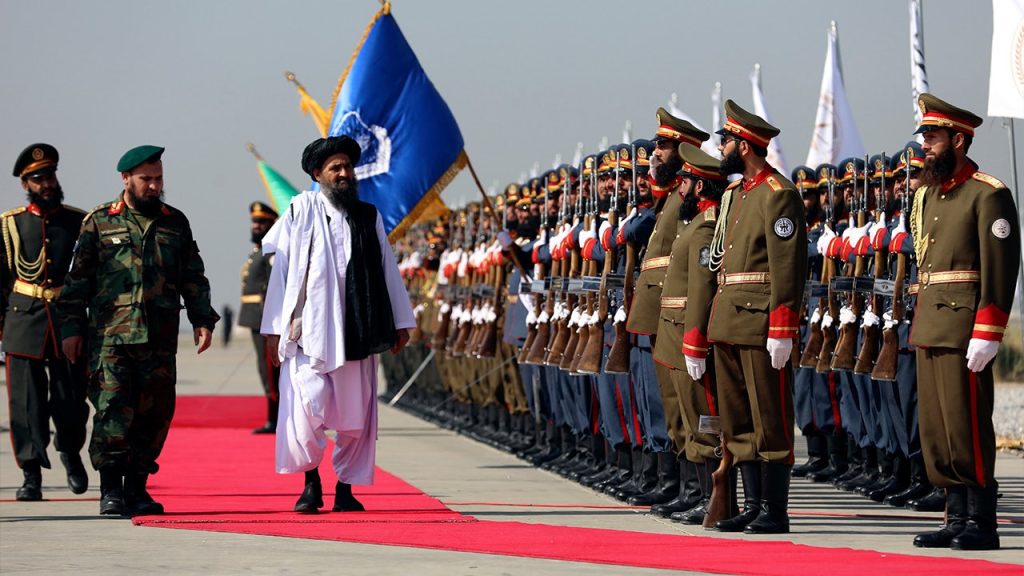The massive intelligence failure leading up to the U.S. withdrawal from Afghanistan resulted in a chaotic evacuation, 13 U.S. service member deaths, and the Taliban takeover. Adversaries like China and Russia are taking advantage of the security vacuum left behind. China and Russia have been bolstering ties and establishing diplomatic relations with the Taliban, highlighting the expansion of their influence in South Asia and the Middle East. The Taliban’s opposition to Western ideology plays into Russian hands by spreading anti-American sentiment, while China is looking to use the region for its strategic aims, including supplying the Taliban with drones and supporting their participation in the Belt and Road Initiative.
Life in Afghanistan continues to deteriorate under three years of Taliban rule, exacerbated by the U.S.’s failure to address adversarial threats, including Pakistan’s covert support of the Taliban. Despite suspicions of Pakistan aiding the Taliban through shadow operations, the U.S. maintains close ties with Pakistan, which has strategic implications as China and Russia also seek to expand their economic partnerships with Islamabad. The collapse of U.S. intelligence was rooted in Washington’s failure to accurately assess the Afghan government’s ability to function without U.S. support, resulting in the rapid fall of Kabul to the Taliban due to momentum and defections.
The U.S.’s idealistic approach to Afghanistan focused on building a democracy, while Afghans viewed their survival as the priority. This disconnect led to the U.S.’s failure to understand the Afghan people’s perspective, as many had been living under the constant threat of war for decades. The Taliban had been making inroads across Afghanistan for years, leading to the eventual collapse of the Afghan government following the U.S. withdrawal. Open source intelligence revealed Taliban gains in the year leading up to the withdrawal, prompting questions about the failure to adjust withdrawal plans under both the Trump and Biden administrations.
Ego and exhaustion within Washington policymaking contributed to the failure to effectively navigate the U.S. withdrawal from Afghanistan. The two-decade long war in Afghanistan was the longest in American history, leading to a sense of fatigue and the belief that supporting resistance would signal a restart of the conflict. This perspective hindered the ability to assess the evolving situation in Afghanistan accurately, leaving a security vacuum that U.S. adversaries are exploiting. The refusal to address the role of Pakistan realistically further complicated the U.S.’s strategy in the region, as China and Russia expanded their influence in South Asia and the Middle East.
The failure to understand the security dynamics in Afghanistan and adequately interpret adversarial threats led to the chaotic U.S. withdrawal and the subsequent Taliban takeover. China and Russia seized the opportunity to strengthen ties with the Taliban and expand their influence in the region, challenging U.S. interests. The U.S.’s strategic interests in Afghanistan have been further complicated by its relationship with Pakistan, which has faced allegations of supporting the Taliban. The lack of cohesive intelligence and diplomatic efforts has left the U.S. vulnerable to exploitation by its adversaries, highlighting the need for a reassessment of U.S. foreign policy in the region to address broader security challenges.


